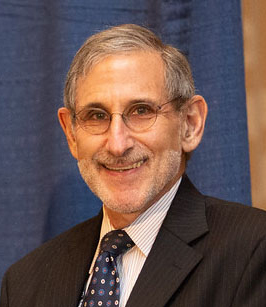
by Alexa Jett | May 6, 2021 | Advocacy, AYA, Blood Cancers, Brain Tumors, Cancer Caregivers, Cancer Resources, Health Resources, Maui, Men 'Speaking Freely', Men's Breast Cancer, Multiple Sclerosis, Ovarian Cancer, Prostate Cancer, RMC, Sarcoidosis, Thyroid Cancer, Women's Breast Cancer
Have you checked out our page “All the Faces of AnCan” lately? We are always growing, and you might see some new faces! While we’ve discussed Dr. Herbert Geller (researcher and AnCan Advisory Board Member) previously on the blog, we have a special treat today. Dr. Geller was part of an esteemed panel explaining the science behind mRNA Covid-19 vaccines with CureTalks.
I find this description of what mRNA means and brief explanation from CureTalks to be extremely helpful.
Messenger RNA vaccines, also called mRNA vaccines, are some of the first COVID-19 vaccines authorized for use in the United States. mRNA vaccines are a new type of vaccine to protect against infectious diseases. They teach the cells of our body to make a protein that triggers an immune response. This immune response leads to the production of antibodies which protects us from getting infected if the real virus enters our body.
Be sure to check out this informative presentation, here!
To SIGN UP for any of our AnCan Virtual Support groups, visit our Contact Us page.
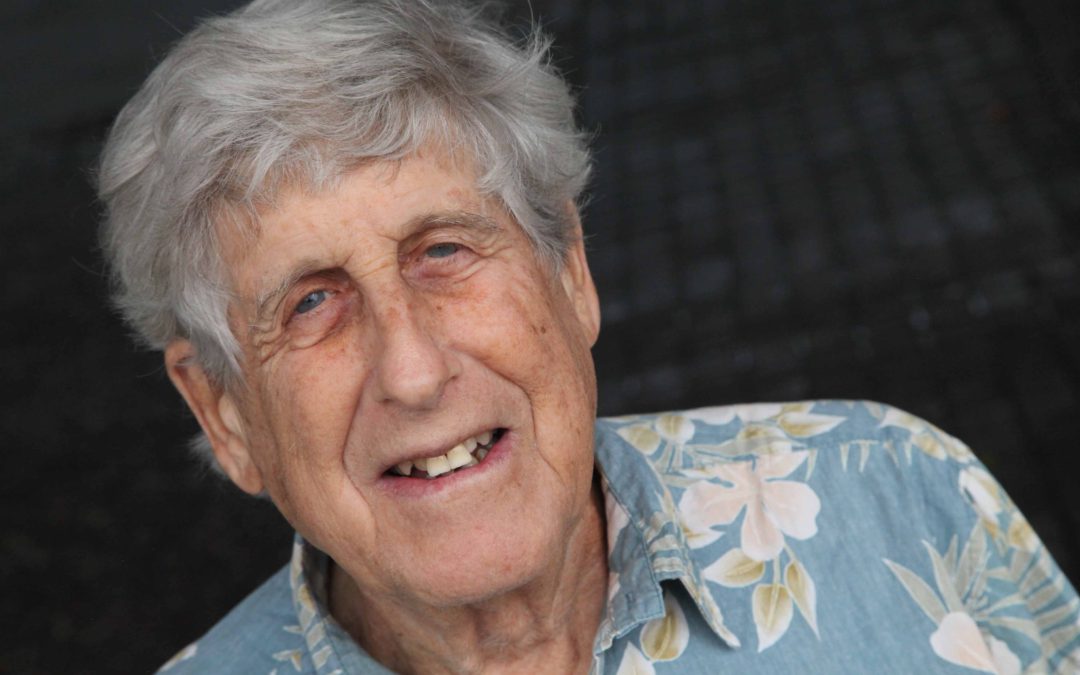
by Rick Davis | Apr 25, 2021 | AYA, Blood Cancers, Brain Tumors, Cancer Caregivers, Cancer Resources, Health Resources, mCRPC, Men 'Speaking Freely', Men's Breast Cancer, Ovarian Cancer, Prostate Cancer, Recent News, Thyroid Cancer, Women's Breast Cancer
If Medicine Doesn’t Come to you, Go to the Medicine!
You know what they say about Mohammed and the Mountain …… if the mountain will not go to Mohammed, Mohammed must go to the mountain! Well it’s often like that today with cutting edge medicine – and even not so cutting edge if you live in out of the way places like Maui, HI where our Board President, Peter Kafka, resides. It’s all part of Being Your Own Best Advocate…… (rd) PS Peter has asked me to clarify, he wrote what follows – not me. But I guess most of you can figure that out!
Back in 2014 when I was first diagnosed with advanced prostate cancer, my younger son who was 38 years old at the time was in the urologist’s office with me getting the news. As I was seated on the exam table, he was standing in the corner leafing through the booklets and pamphlets about prostate cancer while we waited for the doctor to deliver the bad news. My son, holding up a booklet exclaimed to me; “Dad, this literature is older than me!” Right away we both knew we were in the WRONG place.
Unfortunately, so many men and women reside or walk into the “wrong” place when it comes to getting access to the most up to date technology in terms of treatment or diagnostic tools. Little did I know back then. I lived at that time under the illusion that the “Doctor” knew everything and would of course be up to date with the latest and greatest. Not so, as I quickly learned.
One of the great values that I have found in participating regularly in our AnCan prostate cancer support groups is the experiential reporting on all the new cutting-edge treatments and diagnostic tools that are emerging and available. Recently one of our number took advantage of the new technology of Micro Ultrasound to guide a biopsy. Apparently, this is found to be even better than the 3T multi-parametric MRI in determining just where to poke the needle and take a tissue sample, leading to a far more accurate diagnosis. It can detect small, but significant lesions within the prostate that might otherwise be missed.
The rub however, like any new advancement is that not every facility or doctor will be in the “know” or have access to such tools or treatments. Don’t I know this well, living here on the Island of Maui in the middle of the Pacific Ocean. The lesson for all of us is that we should carry a business card stating; “Have Suspicion Will Travel”. Please don’t wait for technology to come to your doorstep or for enlightenment to come to your doctor. Your life is way too important to me.

by Rick Davis | Apr 11, 2021 | Advocacy, AYA, Blood Cancers, Cancer Caregivers, Cancer Resources, Maui, mCRPC, Men 'Speaking Freely', Men's Breast Cancer, nmCRPC, Prostate Cancer, Recent News
Peter Kafka, our Board Chair and Lead Moderator for several of our video-chat virtual support groups, poignantly reflects this week on the meaning of 7 years living with his prostate cancer. (rd)
One subject that comes up fairly often in our prostate cancer support calls is “fatigue”. Usually in the context of dealing with physical fatigue as a side effect of various treatment drugs. But I am thinking today about a different level of fatigue that affects us mentally and emotionally. We hear a lot about this in regards to the ongoing Covid-19 pandemic. A year or so into it and people are crying out, “Enough already!”. But I would guess that many of you feel the same sentiment regarding your ongoing experience with a prostate cancer diagnosis.
I have reached my 7-year anniversary since my official diagnosis of prostate cancer. What is it about the number seven? Yes, it has some kind of man-made spiritual significance. The seven colors of the rainbow, the seven days of the week, Snow White and the Seven Dwarfs and of course the Seven-year Itch. But as I (celebrate?) this seven-year anniversary of dealing with my prostate cancer I hear myself crying out, “Enough Already!”. Fatigue is setting in.
I have done my best to look at this disease from a wide variety of angles. The friendships I have made with many of you. The increased understanding of the dynamics of prostate cancer among an ever-increasing body of men and women. The empowerment of taking on the job of being one’s own best advocate. But in honesty, prostate cancer and all the accompanying side effects of the variety of treatment modalities that I have, and continue to experience, bring on a good deal of mental and emotional fatigue.
I don’t believe that medical science graphs this fatigue factor. We read a lot about “overall survival – OS” or “progression free survival – PFS”. I guess the category of “Quality of Life” might come closest to what I am talking about, but it doesn’t quite capture the essence. I suspect that any of you who have been on this journey for any length of time know what I am talking about. I don’t have an answer, and I am certainly not selling any kind of snake oil for treatment. I know in my heart and mind that this bump in the road will pass and I will move forward. I always do.
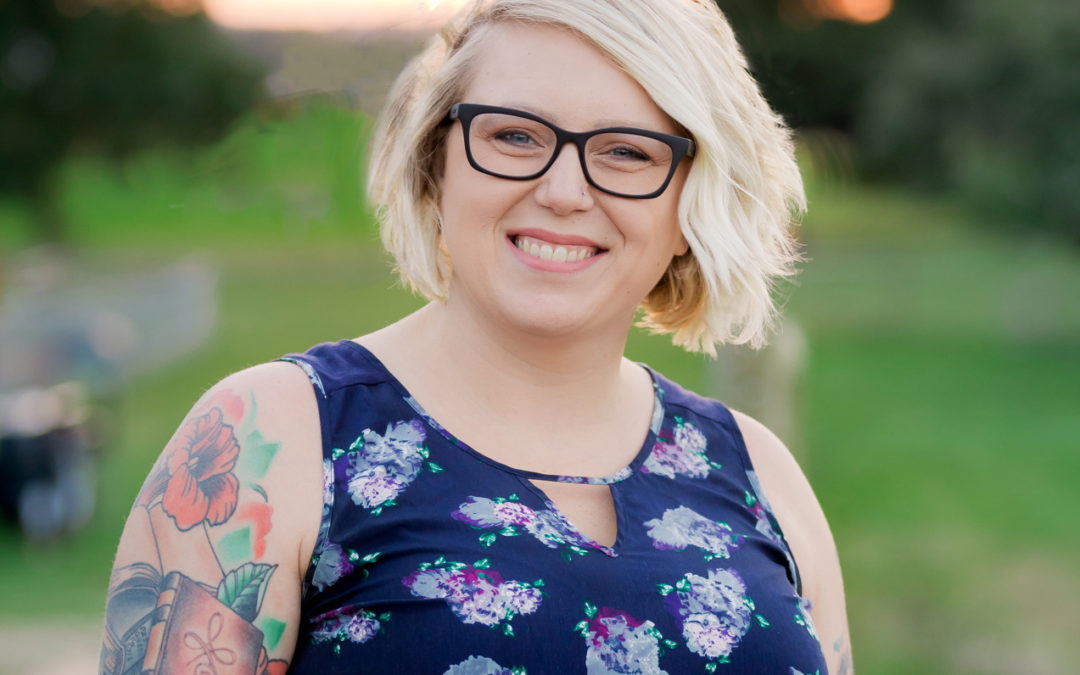
by Rick Davis | Mar 29, 2021 | Advocacy, Blood Cancers, Brain Tumors, Cancer Caregivers, Cancer Resources, Men's Breast Cancer, Multiple Sclerosis, Ovarian Cancer, Prostate Cancer, Recent News, Thyroid Cancer
Jackie Zimmerman, AnCan’s resident graphics guru/web designer and a Member of our Advisory Board, is a long time patient advocate for multiple conditions. She’s seen seen a lot in her 15 years ….. that just bests me by a year or so!
Now Jackie has written a very perceptive and insightful Blog Post on her website that is definitely worth a read if you consider yourself a Patient Advocate … and frankly even if you don’t!
I saw a Twitter thread recently from a friend and fellow advocate who was wondering what his future in patient advocacy looked like. I’ve seen these types of threads a lot over the years and I understand…I’ve been there. Maybe it’s the new set of Lion King socks I recently purchased, but I’ve been sharing this idea of the patient advocate circle of life a lot lately and now it’s time to share it with all of my advocate friends. Whether you’re new to advocacy, or you’ve been around the block a few times, take a peep. Let me know what you think.
Click here to read the full article!
Onward & upwards, rd
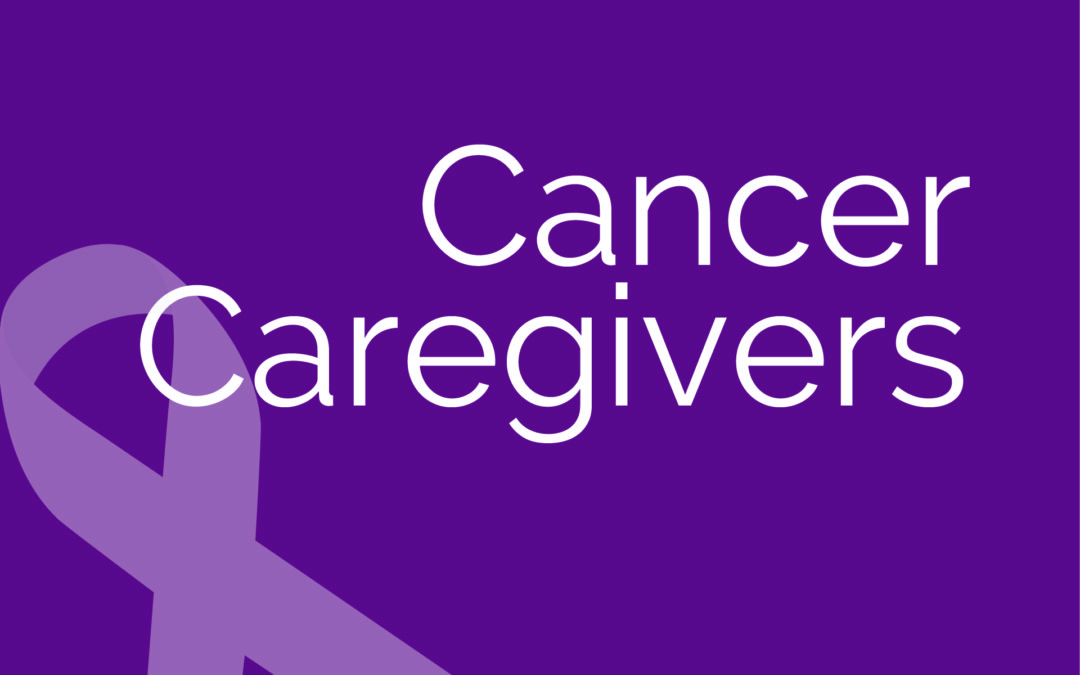
by Alexa Jett | Feb 23, 2021 | Blood Cancers, Cancer Caregivers, Cancer Resources, Men's Breast Cancer, Ovarian Cancer, Prostate Cancer, RMC, Thyroid Cancer, Women's Breast Cancer
Wendy Garvin Mayo, APRN, RN is really popular in the AnCan universe! While you’ll find her at our Cancer Caregivers Virtual Support Group meetings, her resources and wisdom often pops up in many of our groups.
Wendy had a great blog post to share from our friends at Cure. Titled “The Cancer ‘Bombshell’: 8 Tips for Devoted Caregivers“. With great practical advice and commentary, we’re sure you will find this incredibly helpful. My caregiver, my mom Lisa, will especially appreciate tip number 8. Hint: it’s about her favorite food.
For information on our peer-led video chat CANCER CAREGIVERS VIRTUAL SUPPORT GROUP, click here.
To SIGN UP for the Group or any other of our AnCan Virtual Support groups, visit our Contact Us page
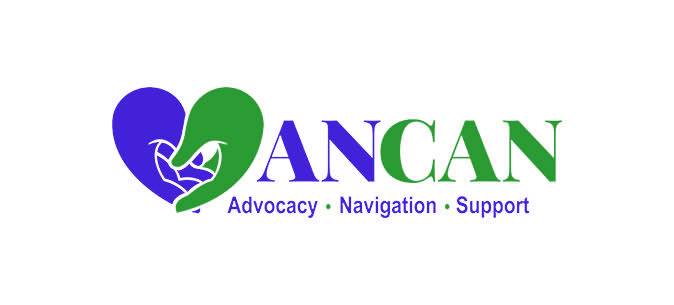
by Rick Davis | Feb 21, 2021 | Advocacy, Blood Cancers, Brain Tumors, Cancer Caregivers, Cancer Resources, hospice and palliative, Maui, mCRPC, Men 'Speaking Freely', Men's Breast Cancer, Multiple Sclerosis, Ovarian Cancer, Prostate Cancer, RMC, Sarcoidosis, Thyroid Cancer, Women's Breast Cancer
Consequences of Compromised Health Care
This week, Peter Kafka considers how the constraints on providing health care during the pandemic may have long term consequences.
As an editorial note, we now see how discouraging PSA testing has come back to haunt us. The American Cancer Society projections for new prostate cancer cases in 2021 have leapt 30% from 2020 to 2021 reaching ca. 249,000. Ancan puts it down largely to built-up backlog due to lack of testing. (rd)
As I sit down to compose this reminder notice for our upcoming meeting, I am very much aware that here in the USA this weekend we will probably reach the milestone of half a million recorded deaths from Covid-19 in the year since the first deaths were reported. Regardless of how you might process numbers such as this, one thing for sure is that this Pandemic has flipped much of our healthcare system on its head and that impacts all of us. And of course, this is not only true in the US, but throughout the world.
Just the other day, “I heard it through the grapevine… that my medical oncologist (for the past 6-1/2 years) would no longer be mine”. Yes, the thriving practice that he was such an integral part of began losing so much money this past year that he had to depart for his own financial security. Many independent medical practices are struggling as are hospitals that depended upon elective surgery and emergency room visits to remain financially viable. People just aren’t going to the doctor the way they used to in 2019.
Men were notorious for avoiding doctors even before this pandemic. But now it is amplified. For those that are healthy and young the impact is minimal. But for those who are older and have increased risk of serious illness and disease such as cancer, the impact on both men and women is considerably higher. Statistics are now rolling in comparing the diagnosed incidence of various cancers in 2020 to the totals of 2019 BC (Before Covid). The difference is substantial and not just a statistical fluke. Someone might take this to mean, “Great, cancer rates are dropping”! But unfortunately, this is not the case. Men and women are forgoing routine screening and testing for cancer for fear of going to hospitals, clinics and doctors.
Unfortunately, the implication is that in the months and years ahead there may well be a significant rise in the number of cancer cases that have advanced to a more serious metastatic stage because of a decline in early detection and early treatment. While the incidence of seasonal flu has slowed way down in this age of Covid-19, prostate cancer as well as other cancers and serious illness are still chugging along at the same clip, but just not being diagnosed. So, I think I will leave it there for you to draw your own inferences. If it were me, I would encourage anyone I know not to ignore symptoms and concerns about their health even if it is more difficult to get medical help.





